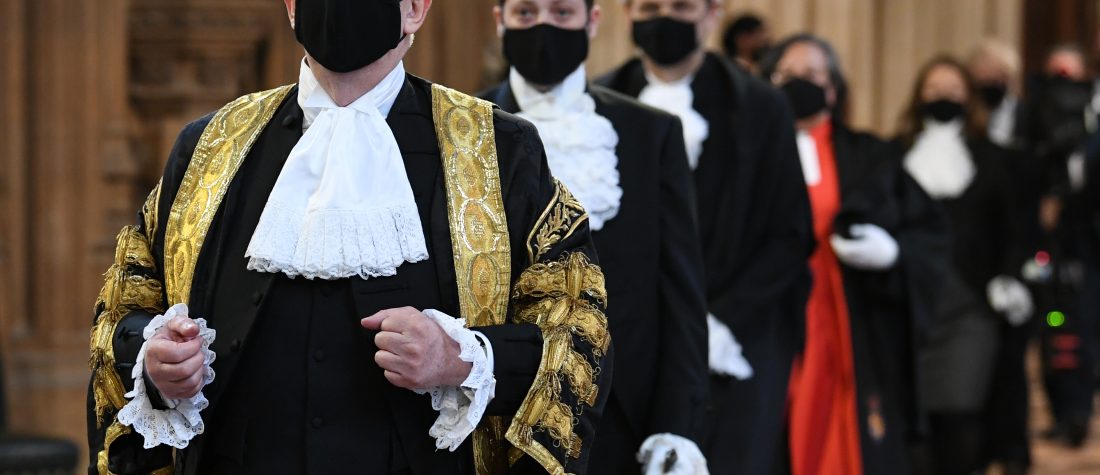Four years ago, the US Congress allowed women to wear sleeveless tops. The French Parliament has dispensed with the requirement for men to wear suits and ties. Germany’s Bundestag has never had a dress code and relies instead on convention, as does the European Parliament where over the years MEPs have sported a range of slogan t-shirts.
Across the equator, South America has had a host of casually-dressed leaders. The President of Nicaragua Daniel Ortega and El Salvador’s leader Nayib Bukele both flaunt baseball caps of varying descriptions (they are aged 75 and 40 respectively).
Former Speaker of the House of Commons John Bercow removed the prescription for men to wear neckties – a move speculated to be partly due to accessibility issues faced by a newly-elected MP with cerebral palsy.
However, British MPs’ return to parliament this September has been accompanied by a new direction from current Speaker Sir Lindsay Hoyle, who has stressed that the standards are now “business attire”. This means jeans, chinos, sleeveless shirts, trainers, casual shoes and t-shirts are all out. Ties are not mandatory, but they are encouraged. “Extra large handbags” are forbidden – although no exact measurements appear in the guidance.
Hoyle, along with Deputy Speaker Dame Eleanor Laing, has been giving increasing numbers of rebukes to casually-dressed MPs since the start of the pandemic (and the Zoom-inspired rise of lounge wear).
It will be interesting to see whether a polishing-up of attire is reflected in better behaviour in the chamber. Laing explained: “It’s not about etiquette or fashion, it’s about respect”. The speakers are also encouraging MPs to pay attention to speeches – and to ditch mobile phones, newspapers and books. The new rules state that “singing and chanting are not permitted in the chamber” and that “clapping is also not allowed as it eats into the time available for debate”.
The UK’s new dress direction doesn’t only contrast with that of other parliaments. Many large businesses have also been relaxing their dress codes over the past few years: Goldman Sachs and JP Morgan are among them. Silicon Valley firms have long-since swapped the suits for hoodies.
Will a sharper look for Britain’s politicians yield more effective policy results? It is likely true that the psychology of smart dressing can shape some for success, but there are countless instances of British politicians in smart clothing behaving poorly in the Commons. Jacob Rees-Mogg, an outlandishly well-dressed member, reclining during a debate is just one of them.
Rather than focusing on rules of attire and continuing stuffy traditions (which, it must be said, are heavily gendered), politicians should be permitted a little more flexibility. They receive enough media attention as it is. Let them focus on the job in hand, rather than sweat over their suit jacket or the size of their handbag.


